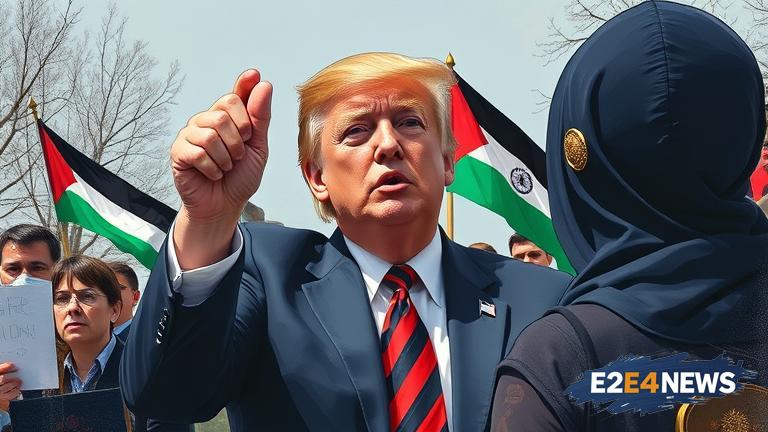The trial focuses on the Trump administration’s actions against pro-Palestinian campus protests, with accusations of suppressing free speech and targeting individuals based on ethnicity or religion. The Department of Education launched an investigation into Duke University and the University of North Carolina’s Middle East studies program, sparking debates on academic freedom. Plaintiffs argue the government’s actions were politically motivated, violating their rights. The case highlights the intersection of politics and education, with implications for free speech on campuses. The trial examines whether the administration overstepped its authority in monitoring academic programs. Legal arguments center on discrimination and First Amendment rights. The outcome could set precedents for government involvement in academic affairs. The case underscores tensions between pro-Israeli and pro-Palestinian groups on campuses. Advocacy groups emphasize the importance of protecting students’ rights to express their views. The trial has drawn attention from civil liberties organizations and academic institutions nationwide. It raises questions about the balance between national security and academic freedom. The legal battle reflects broader debates on campus free speech and political influence in education. The case is significant for understanding the limits of government intervention in academic affairs. The trial’s outcome may influence future policies on campus protests and academic programs. It serves as a reminder of the challenges in maintaining free speech in politically charged environments. The case continues to be closely watched by educators, legal experts, and civil rights advocates.
